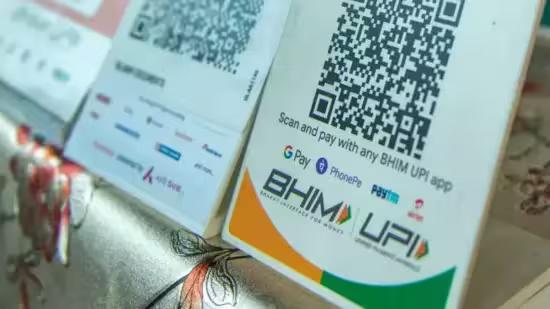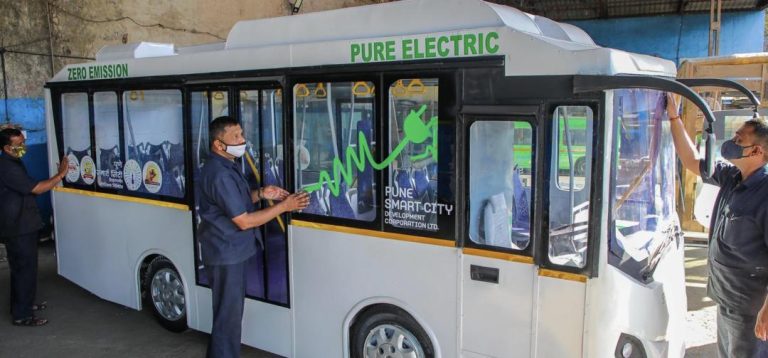
Trinidad & Tobago becomes the first Caribbean nation to adopt UPI
In a significant milestone for digital payments, Trinidad and Tobago has become the first Caribbean country to adopt Unified Payments Interface (UPI), India’s flagship digital payment platform. This development marks a significant step forward in the country’s efforts to promote digital payments and enhance financial inclusion.
The adoption of UPI in Trinidad and Tobago was announced during Prime Minister Narendra Modi’s two-day official visit to the Caribbean nation. The agreement between the two countries also extends beyond UPI, with a focus on exploring further collaboration in the implementation of India’s flagship digital payment solutions, including DigiLocker, e-Sign, and Government e-Marketplace (GeM).
UPI is a real-time payment system that allows users to send and receive payments directly from their bank accounts without revealing their financial information. Since its launch in 2016, UPI has revolutionized the digital payment landscape in India, with over 1.3 billion transactions taking place through the platform every month.
The adoption of UPI in Trinidad and Tobago is a significant milestone, not only for the Caribbean nation but also for the entire region. As the first Caribbean country to adopt UPI, Trinidad and Tobago is poised to become a model for other countries in the region to follow.
The benefits of adopting UPI are numerous. For one, it will enable individuals and businesses in Trinidad and Tobago to make and receive payments seamlessly, without the need for physical currency or cards. This will not only enhance financial inclusion but also increase the efficiency of transactions, reducing the time and cost associated with traditional payment methods.
Furthermore, the adoption of UPI will also pave the way for the development of a cashless economy in Trinidad and Tobago. As more individuals and businesses adopt digital payment methods, the need for physical currency will decrease, leading to a more efficient and transparent financial system.
The collaboration between India and Trinidad and Tobago goes beyond UPI, with a focus on implementing other India Stack solutions. DigiLocker, for instance, is a digital locker that allows users to store and access their documents, such as passports, driving licenses, and Aadhaar cards, digitally. e-Sign, on the other hand, is an electronic signature platform that enables users to sign digital documents remotely.
Government e-Marketplace (GeM) is another key solution that India is looking to implement in Trinidad and Tobago. GeM is a digital platform that enables government agencies and businesses to procure goods and services online, reducing the administrative burden and increasing transparency in government procurement.
The collaboration between India and Trinidad and Tobago is a significant step forward in promoting digital payments and financial inclusion in the Caribbean region. As the two countries continue to work together, it is likely that we will see a significant increase in the adoption of digital payment solutions across the region.
In conclusion, the adoption of UPI in Trinidad and Tobago is a significant milestone for the Caribbean nation and the region as a whole. With its potential to enhance financial inclusion, increase efficiency, and promote a cashless economy, UPI is poised to revolutionize the way individuals and businesses make and receive payments in Trinidad and Tobago.





